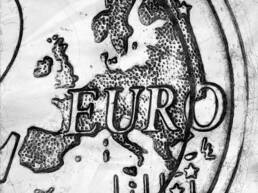Export Control
Discussion Prompt: To what extent can and should surveillance technology be subject to export control?
For tyrants, and those who would like to be one, digital technology has ushered in a new era of social and political control. Around the world, authoritarian regimes persecute journalists and dissidents and violate the rights of minorities with sophisticated surveillance tools, from government malware to facial recognition and from Stingrays to IMSI catchers. European countries, particularly the UK, Germany, and France, are among the key suppliers of these technologies. Despite the implementation of stricter export controls for European companies since 2011 — after the Arab Spring exposed the degree to which European technology aided the crackdown of protests — much government oppression continues to be “Made in the EU”. With global trade in AI-enabled surveillance flourishing, what are the regulatory options for ensuring that surveillance technology produced in Europe will not be used to assail fundamental human rights elsewhere? And what are the practical obstacles to their effective implementation and enforcement?
Dual-use surveillance tech: How trade agreements can incentivise good behaviour
The carrot is mightier than the stick.
A recipe for hypocrisy: democracies export surveillance tech without human rights
Controlling the spread of surveillance technology is a moral, legal, and strategic imperative.
A search for common ground: export controls on surveillance technology and the role of the EU
On the recent past & possible future of regulatory efforts aimed at preventing autocratic repression “Made in the EU”.



